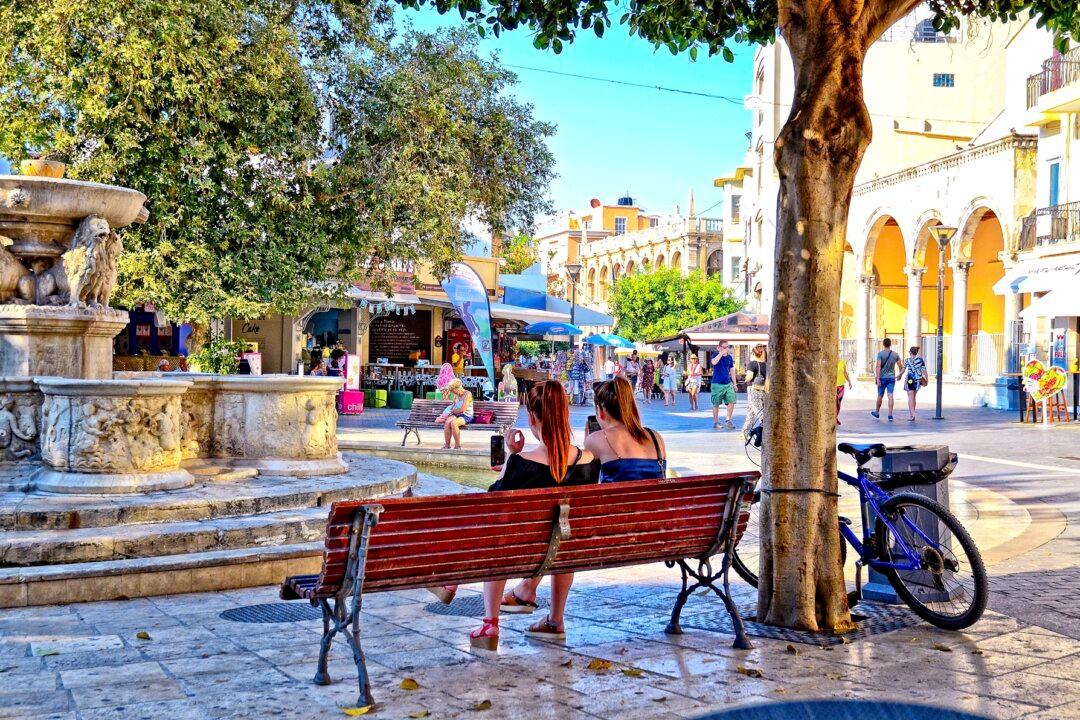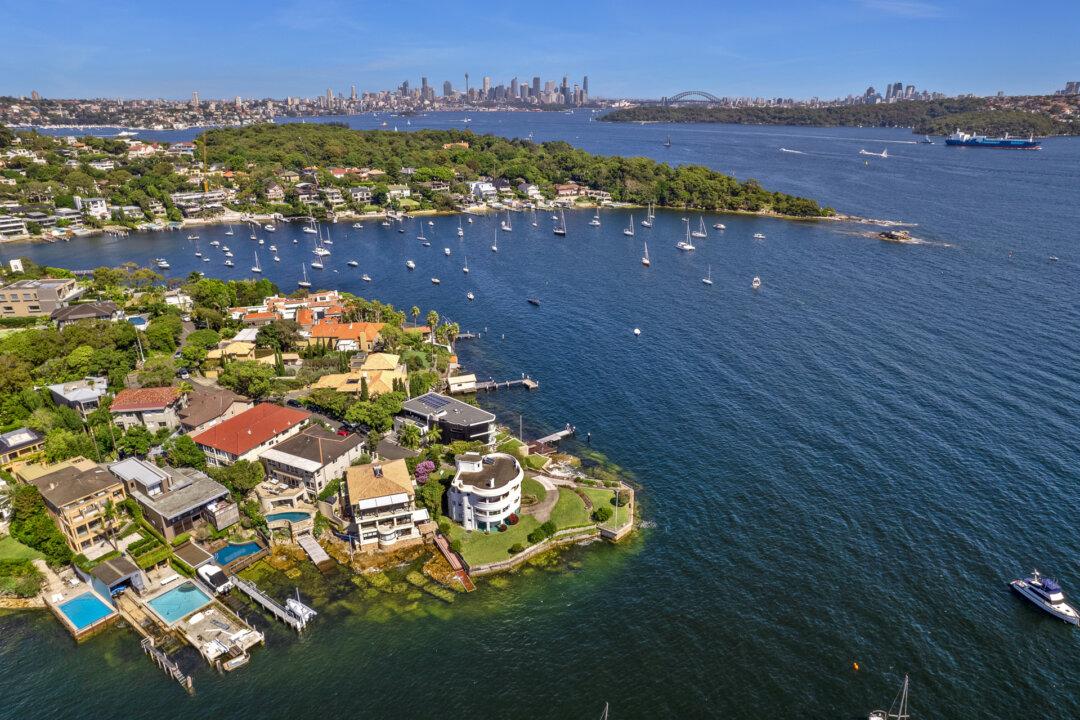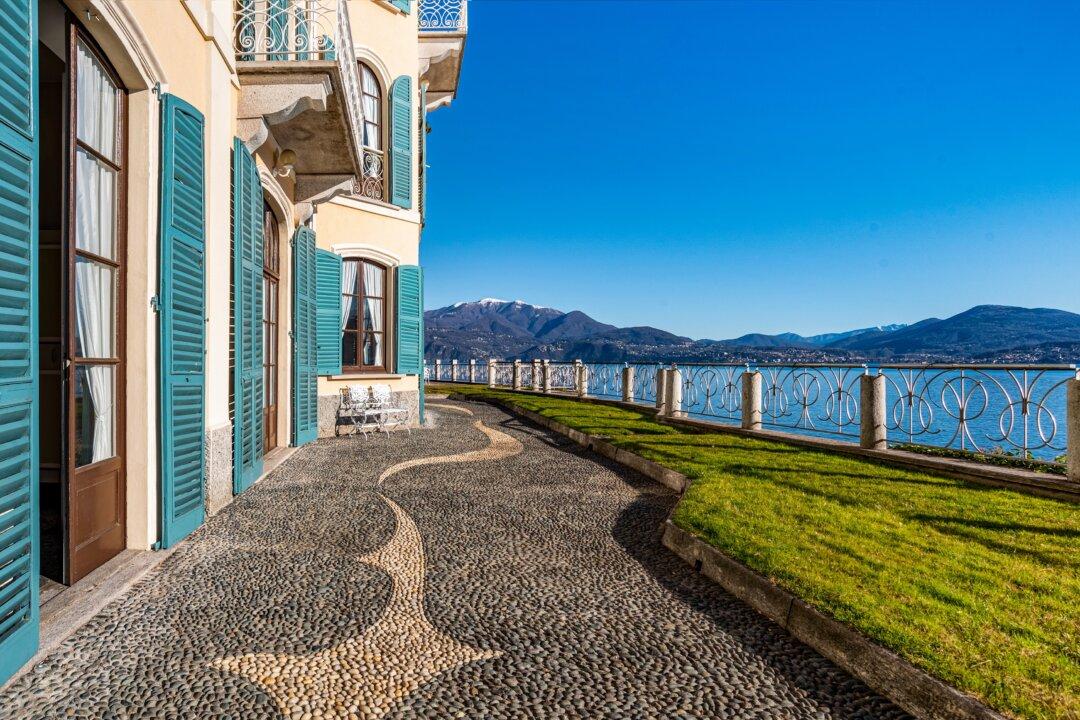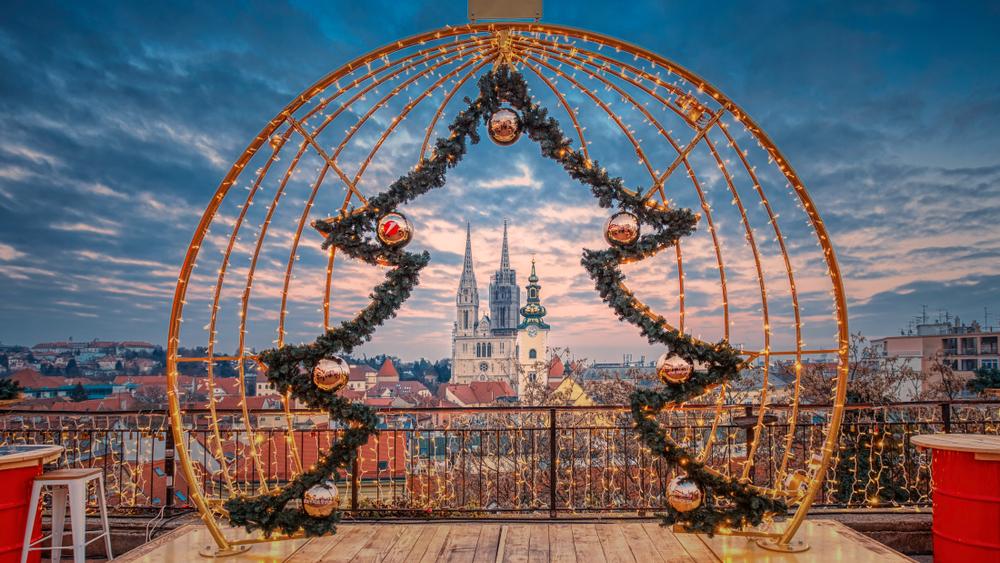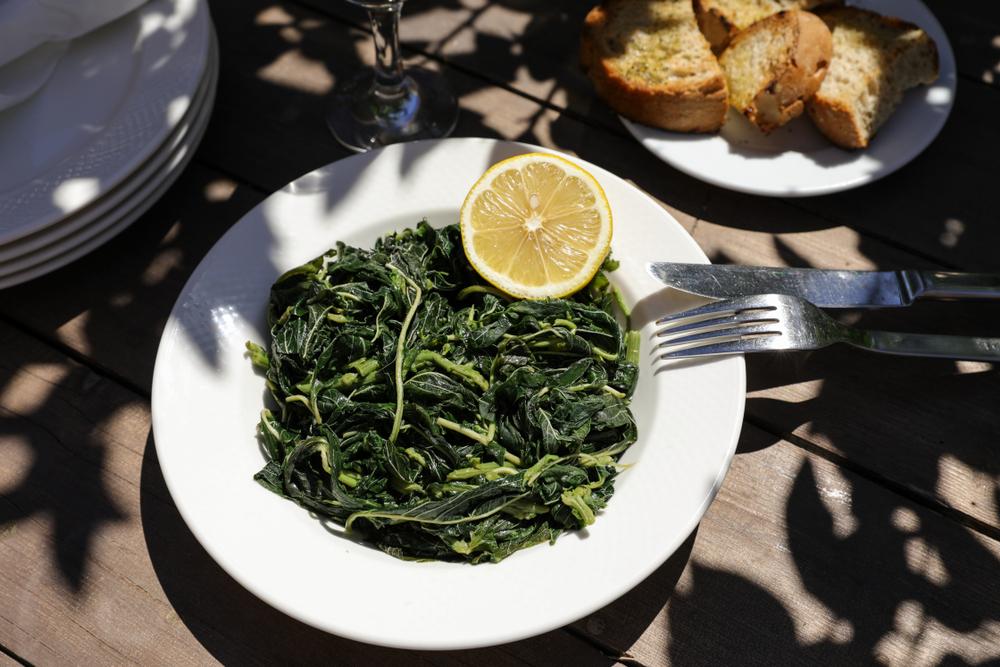This is my Heraklion: I wake up and after all the usual morning routines I cross the street and greet the baker whose eyes are so disturbingly blue that turquoise makes no sense. Her son has the same eyes, and they contrast beautifully with his tan and a perfect smile. Then, mother and son say “Kalimera"—which is “good morning”—all so normal, but when it’s said with so much joy of life, it’s pure logic and it makes your day. I buy the usual – cheese pie, loukanikopita (possibly the equivalent of a “pig in a blanket”), donuts, and bread so white and fluffy you’d think you are biting into air. I get some other baked goods on the house, because, you see, while it’s customarily OK to tip on Crete, the norm is for them to show how much they appreciate doing business with you by giving you a small complimentary token. And they are very generous about it.
Heraklion may not be fascinating for tourists in its residential parts, where traffic jams happen, and scooters zoom by unexpectedly, but it’s epic. There’s nothing more deeply honest and authentically Cretan than these neighborhoods where kafeneío (cafe) culture rules and small mom-and-pop mini-market owners welcome you with an open smile and that jolly kalimera that sounds like the strums of the lyra.

